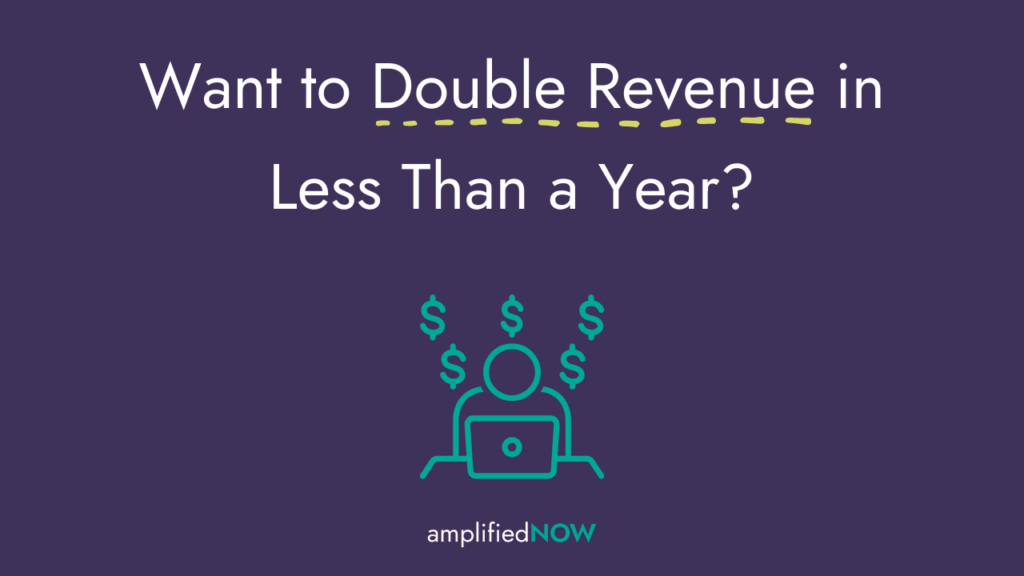The Art of Onboarding Users to Maximize Adoption
Hey there, user onboarding enthusiast! Buckle up for a road trip, because we’re driving through the land of maximizing user adoption.
Don’t forget to pack the beef jerky and your favorite tunes.
Understanding User Onboarding
First off, let’s chat about what onboarding really means (Hint: It’s not just about throwing some tutorials at new users).
To quote Intercom, “good onboarding isn’t just about teaching users—it’s about delivering value.”
The Three Ls of User Onboarding
If user onboarding was a sandwich, it would come with three main fillings: learnin’, loopin’, and lovin’.
Here’s what that triple-stacked sandwich looks like:
- Learnin’: Help your users understand how to use your product amusingly and effectively.
- Loopin’: Get them engaged and excited about being part of your gang.
- Lovin’: Make them feel appreciated and valued right from the get-go.
Start With The Why
Throughout your onboarding process, always ensure your users understand the “why” behind your product.
As our main man Simon Sinek preaches, “People don’t buy what you do; they buy why you do it.”
Make It Practical and Fun
Nobody likes homework, so make sure your onboarding feels more like a game than a chore.
Duolingo is a great example of taking something potentially snooze-inducing (learning a new language) and turning it into a blast.
Talk Their Language
To really connect with your users, get to know their language and use it in your onboarding journey.
This way, you’ll be vibing like two peas in a pod.
Push for Progress
Using motivation triggers like progress bars and badges can create a sense of achievement and engagement for users.
Remember, everybody loves a bit of ego-boosting gratification!
Never Forget the Human Touch
While automation can be super helpful, don’t get lost in the sauce and forget the importance of personal interaction.
A human touch, like personalized support or chat, can go a long way in increasing adoption and loyalty.
A Picture is Worth 1000 Words
Good quality visuals are essential to effective onboarding.
Not only do they speak volumes about your brand, but they also help users understand your product more easily.
Wrap Up
Remember, lifelong customers are made the moment they sign up, so make your onboarding process count.
It’s gotta be smooth, engaging, and fun—just like that perfect road trip!
Start With Clear Instructions
The first step in any onboarding experience should be providing your users with clear-cut instructions. Walk them through the most important steps to use your product or service effectively.
Help them understand what to expect and how to get there. Don’t leave them to figure it out on their own.
Show and Tell
While one group of users may find it easy to understand written instructions, another might find visual cues more helpful.
Incorporate informative screenshots, graphics, and even a quick video explainer to cater to different learning styles.
Step-by-Step Onboarding
Don’t overwhelm your users with an avalanche of information in the beginning. Spacing out the onboarding process over time and breaking it into bite-size pieces can avoid users feeling overwhelmed.
‘Chunking,’ or delivering information in small doses, also increases the likelihood of it being remembered and applied.
Check For Understanding
Feedback loops are crucial to know if your users understood what you just explained or demonstrated.
You can use mini quizzes, feedback forms, or even a simple ‘Did this help you?’ thumbs up/down option to gauge understanding and improve your process.
Provide a Help Section
No matter how smooth and foolproof your onboarding process is, users will have queries or face issues.
Make sure you have a FAQ section for common queries. Providing a helpdesk or a way for users to get their questions answered quickly will prevent them from getting frustrated and giving up.
Practice Patience and Persistence
The onboarding process isn’t a one-off event. It takes patience, consistency, and continuous updating to make it effective.
Listen to user feedback, make necessary improvements, and never stop trying to enhance the user experience.
In Conclusion
Your user onboarding experience is the first impression you make on your customer. Make it memorable, helpful, and user-friendly, and you will see higher adoption rates and an increase in loyal customers.
A seamless onboarding process is not only about teaching users how to use a product or service; it’s about creating a positive first impression that encourages them to continue using it over time. With the right combination of clear guidance, interactive elements, continuous feedback, support systems, and constant improvement, you can ensure a smooth, enjoyable, and highly effective onboarding experience for your users. After all, happy users are the backbone of successful business growth.
Balance Guidance and Freedom
A good onboarding process finds the right balance between guidance and freedom. While it’s important to guide users through essential features and tasks, you should also allow them the freedom to explore and learn at their own pace. Too much hand-holding can make users feel frustrated and overwhelmed.
Use progressive disclosure to reveal more complex features once users have mastered the basics. This approach reduces cognitive load and makes the learning process more manageable.
Customize the Onboarding Experience
Not every user is the same, and not every user will need the same level of guidance. Offering a customized onboarding experience based on user roles, needs, or preferences can make the process more relevant and engaging.
You can use progressive profiling, surveys, or user activity tracking to understand your users better and deliver a personalized onboarding experience.
Reiterate and Reinforce Key Points
To ensure that important information and tasks are remembered, you need to reiterate and reinforce them at different stages of the onboarding process.
Use recaps, quizzes, or post-task prompts to remind users about vital features or tasks. Providing context why a particular feature or command is essential al


